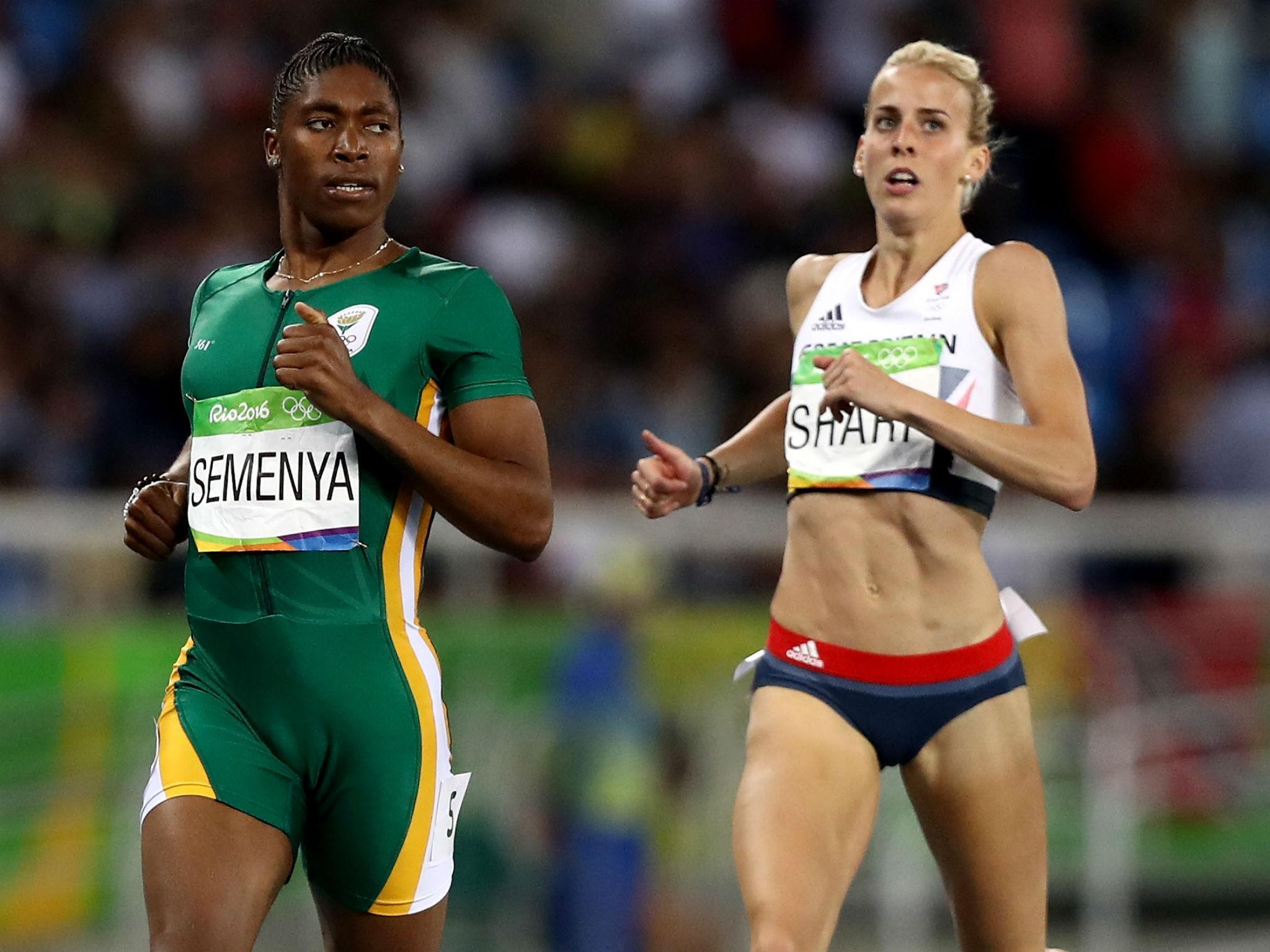Caster Semenya set to be forced to take medication to reduce testosterone under new IAAF rules
The IAAF revealed in March that it hoped to reinstate a revised version of its controversial hyperandrogenism rules by November 1

Double Olympic 800 metres champion Caster Semenya will have to take medication to lower her testosterone levels or move up to longer distances as a result of new rules which will be announced on Thursday.
The International Association of Athletics Federations revealed in March that it hoped to reinstate a revised version of its controversial hyperandrogenism rules by November 1.
Suspended by the Court of Arbitration for Sport in 2015, the rules were introduced in 2009 as a response to concerns about female athletes with naturally high levels of the male sex hormone testosterone, such as South African star Semenya, having an unfair advantage.
The CAS ruling, which resulted from a legal challenge by Indian sprinter Dutee Chand, invited the IAAF to commission scientific research to justify its testosterone ceiling for female athletes.

That research, led by two French scientists, was published in the British Journal of Sports Medicine in July 2017 and formed the basis of an IAAF appeal, which was finally settled in December when CAS told the governing body it could propose revised rules.
The research found that female athletes with high testosterone had a "significant competitive advantage", particularly in the 400m, 400m hurdles, 800m, hammer throw and pole vault, but the IAAF has decided to initially focus on track events between 400m and one mile, although it has described the rules as a "living document".
Speaking to reporters in Birmingham last month, IAAF president Lord Coe said: "This is not about cheating. No hyperandrogenic athlete has cheated. This is about our responsibility as a sport federation to ensure a level playing field. It is for us to decide the rules, to draw the lines for competition.
"We choose to have two classifications for our competition - men's events and women's events. This means we need to be clear about the competition criteria for these two categories. We have always believed that testosterone, either naturally produced or artificially inserted into the body, provides significant performance advantages."
With the new rules being formally announced on Thursday, it is understood the IAAF is confident they would stand up to any possible legal challenge.
The 27-year-old Semenya has lived with this debate ever since it emerged she was subjected to a gender verification test at the 2009 World Championships, where she won the first of her three world titles at the distance, aged just 18.
The IAAF introduced a testosterone limit in 2011, with the International Olympic Committee following suit soon after, and Semenya was beaten by Mariya Savinova at that year's world championships and the 2012 Olympics in London, although she was later upgraded to gold medals when the Russian was caught doping.
While Semenya has never confirmed it, it is widely rumoured within the sport that she took daily pills to suppress her testosterone and stay under the IAAF limit.

That changed, however, in 2015 when CAS suspended the rules for two years following Chand's legal challenge and a 2017 ruling saw that suspension extended by a further six months. During this time, Semenya claimed another Olympic title in Rio and a third world title in London last summer.
Earlier this month, she claimed an 800/1500 double at the Commonwealth Games in Australia but afterwards hinted that she may change events.
Speaking to reporters, Semenya said: "If we still have speed in the 800m then we will still continue with the 800m.
"If not, then we will go further, because obviously there is 5,000m and 10,000m. When I do my long runs I feel like I can feed into distance running."
Join our commenting forum
Join thought-provoking conversations, follow other Independent readers and see their replies
Comments
Bookmark popover
Removed from bookmarks